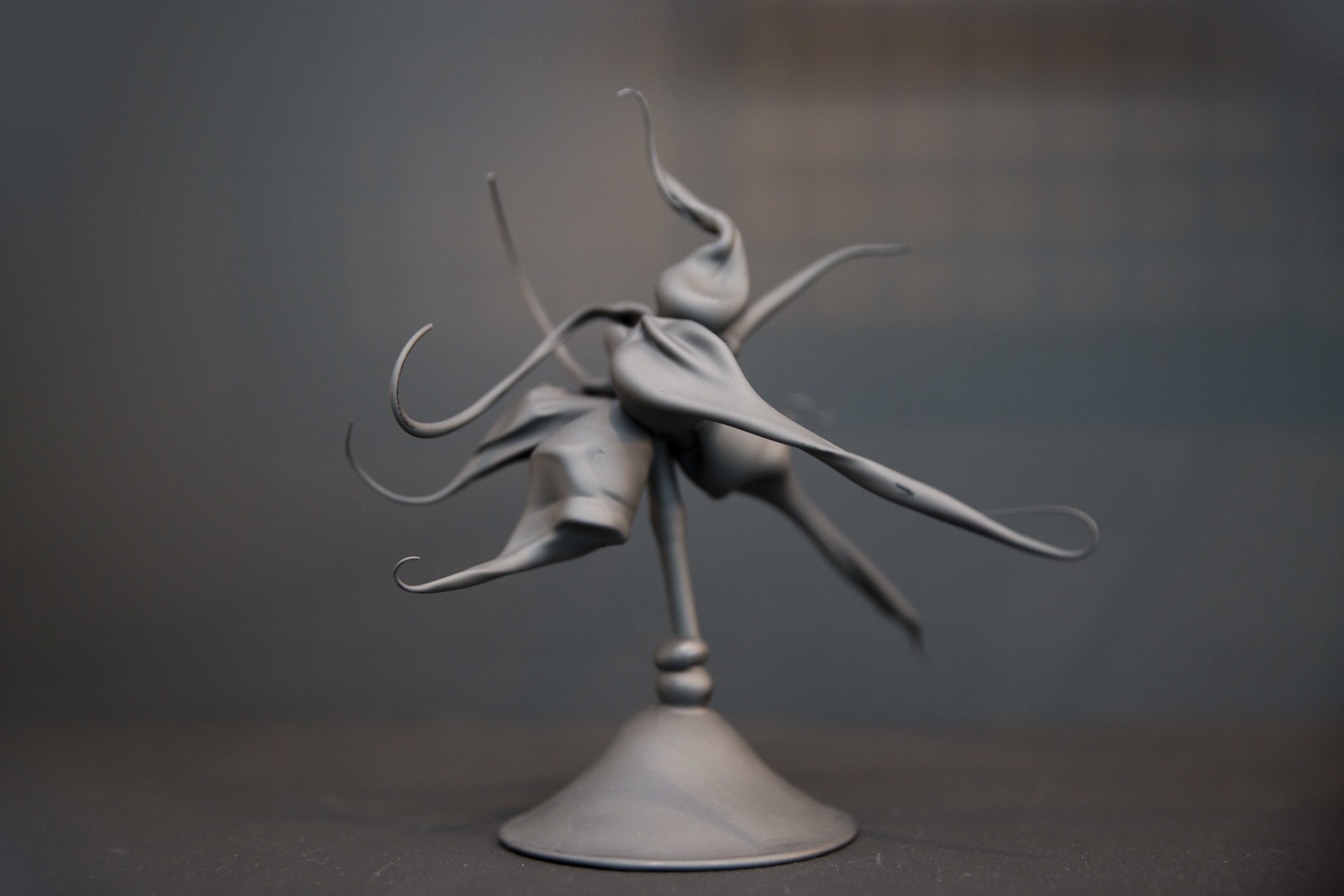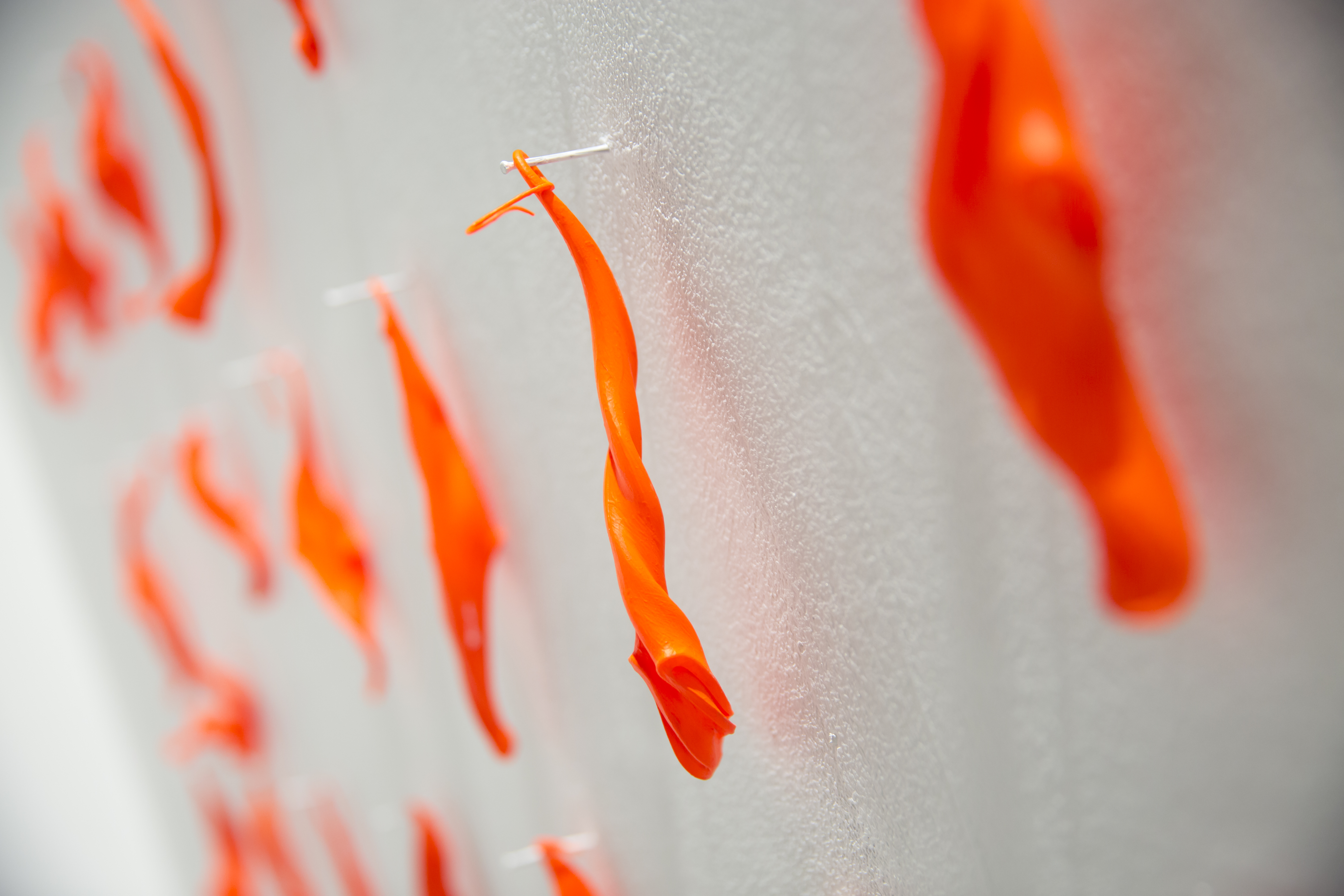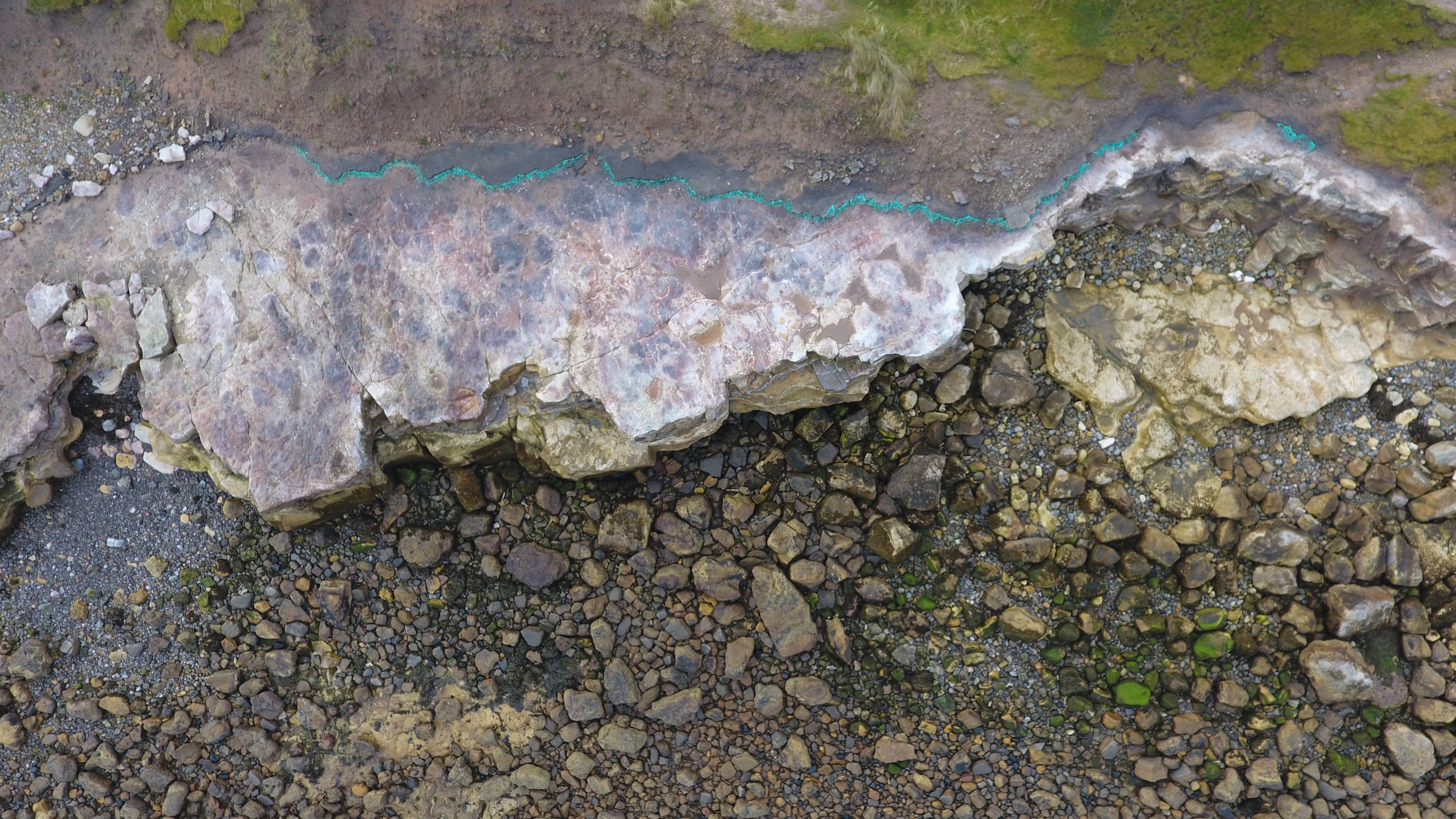
Dr. Helen Pailing
Economy of means and material is an integral part of my making methodology. With a background in contemporary embroidery, I use ‘stitch’ in the broadest sense of the word to recraft waste materials into sculptural objects, architectural interventions and installations. The work is formed out of a playful, intuitive collaboration between maker and matter and through this non-verbal dialogue or haptic logic I allow the performance potential of the material to emerge. Larger installations occupy space in a provisional way, as temporary reorganisations of matter in spaces rather than monumental statements. At the other extreme, I give attention to diminutive,seemingly non-precious waste material. Reusing and recrafting materials destined for the landfill has become my own gentle activism and a way to acknowledge the value of all matter.
Thesis Title: Recrafting Waste Using A Stich-Based Methodology: A Collaboration Between Makers And Matter
Environmentally and socially conscious art production is at the core of this research, which sets out to define ‘recrafting waste’ and examine uses within contemporary art and craft practice for material viewed as waste. Over the past 100 years object-based art has been made to interrogate the relationship between our self and the material world. Today as we enter the age of the Anthropocene, we are more aware of ecological and sustainability issues. Through utilising recovered production materials from National Glass Centre this thesis looks towards a vision of ‘sustainability-as-flourishing’ (Ehrenfeld & Hoffman, 2013). Drawing upon my background in contemporary embroidery, stitch will be a method of making and used as a metaphor to articulate ideas about connecting people (Gauntlett, 2011) and ideas. A new creative methodology based on a multi-layered Kantha embroidery has been produced as a model for approaching research. A stitch-based methodology informed by rhizomatic thinking (Deleuze & Guattari, 1988) is explicitly employed across all investigations. This cross-disciplinary approach to both making and methodology looks to actively explore contemporary craft production, bridging boundaries between fine art, design and applied art. One aim of the resulting artworks is to serve as a catalyst for changing attitudes towards waste materials, to energise the audience to take action or to motivate people to reform behaviours, an ‘activate’ art strategy (Weintraub, 2012). It is informed by a new materialist approach that appreciates all materials as valuable, vital matter (Bennett, 2010) and draws upon ideas of Craftivism (Greer, 2003) and gentle protest (Corbett, 2013).
Awarded Date: 01/05/2019
Principal Supervisor: Dr Jeffrey Sarmiento
Second Supervisor: James Hutchinson
Additional Supervisor: Professor Jayne Wallace
Website


